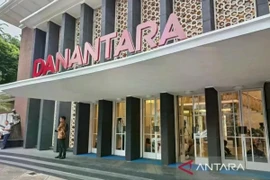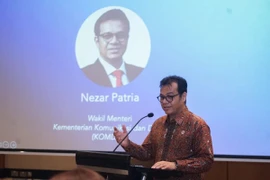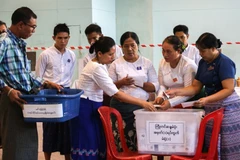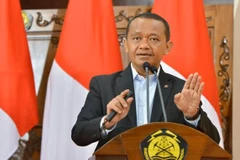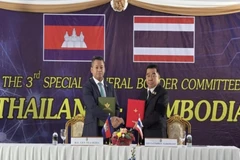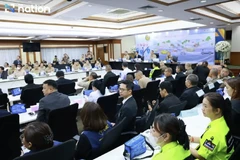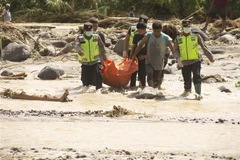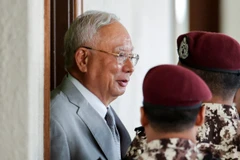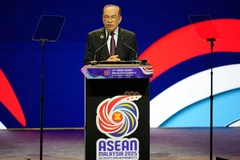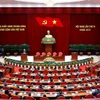Jakarta (VNA) - Indonesia’s external debt-to-GDP ratio stood at 30.6% in the first quarter of 2025, the lowest among the Group of Twenty (G20) comprising major developed and emerging economies, according to data from the Bank of Indonesia.
Finance Minister Sri Mulyani Indrawati affirmed that Indonesia currently maintains the lowest public debt level among G20 economies, reflecting its strong economic stability amid global uncertainties.
She attributed this achievement to the close coordination between the government’s fiscal policy and the central bank’s monetary policy.
Minister Indrawati emphasised that Indonesia has successfully managed both economic growth and inflation. In the first quarter of this year, the country’s economy expanded by 4.87% year-on-year, despite a 0.98% decline in the previous quarter, marking the highest growth rate among G20 countries.
Meanwhile, inflation remained low in June 2025, at 0.19% month-on-month and 1.87% year-on-year - among the lowest in both the Association of Southeast Asian Nations (ASEAN) and the G20.
The minister also noted that Indonesia’s foreign exchange reserves reached a record high in March 2024./.
